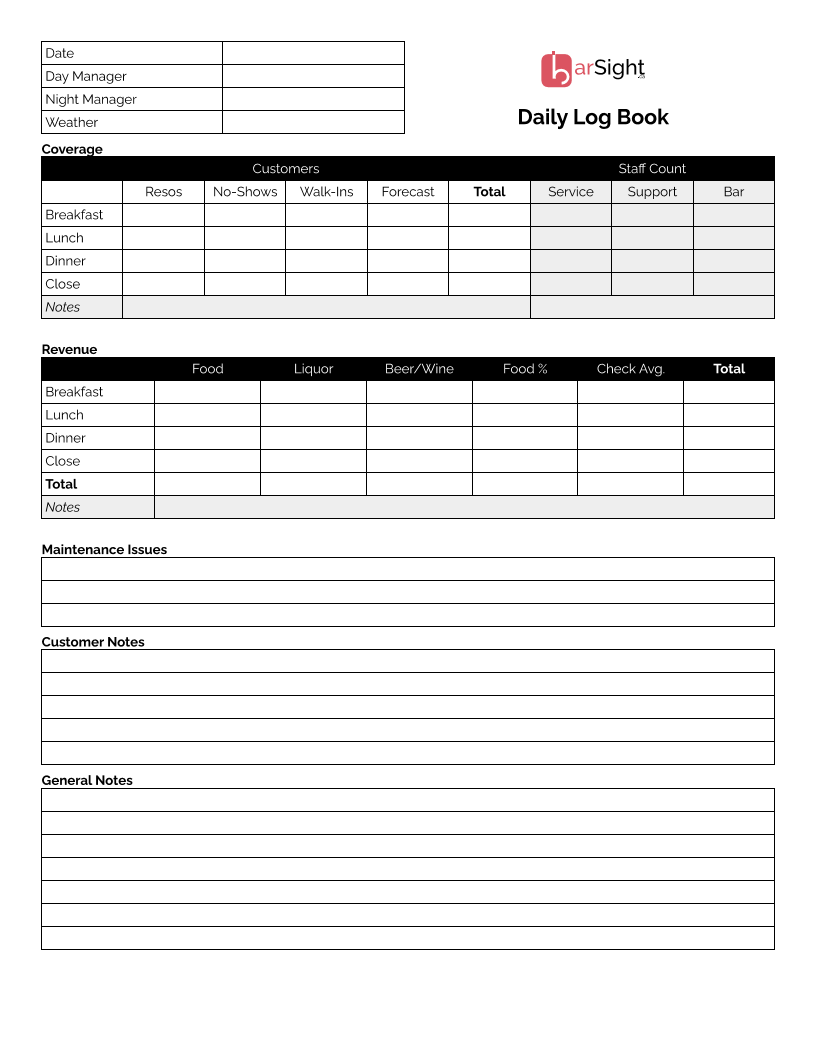How to Make a Restaurant Website That Increases Your Bottom Line
Why Do You Need a Restaurant Website?
A website is a great way to showcase your restaurant in a digital format. If you have a small budget, there are many services that offer generic website templates that you can use to get a basic website up and running. From there you will need to work on a little SEO and local advertising to get traffic to your website. To create an effective site, think about the following: What do I want my visitors to know about me? Do I want them just browsing or do I want them making reservations? Do I have menu items for people with dietary restrictions? How much information should be included on each page of the site? When creating the design of your pages, consider how important it is for visitors’ eyes flow from one section of the page to another. An effective design will keep users engaged without getting distracted or bogged down with information overload.
First Things First: The Basics
The first thing to do is choose a domain name and order hosting from a web service provider if you haven't already. We recommend using FullHost for your domain needs, their customer service is top-notch and they'll be able to help you along the way. With a domain and hosting setup, you'll need a way to get your content online, typically with a Content Management System (CMS) like Wordpress. Once you have those set up, it's time to start looking at how your restaurant website will look by browsing through templates.
Choosing a Website Template and Design
There are many website templates available for purchase or free download. When choosing your website template, there are some important things to keep in mind:
Easy to read: A restaurant site should be clean and readable on all devices, so choose a template that is easy to navigate and has simple fonts that look good on any device. Make sure your text is large enough to be read by mobile visitors.
The look and feel of the design: Is it modern? Traditional? Formal? What is your target demographic? Who is the restaurant trying to appeal to with its branding and overall design scheme? Your restaurant website should reflect the same environment of your restaurant, as it's all part of your branding.
Easy to use: If your site visitors have to fight with your website in order to get information, they won't stick around. Make sure your menu is easy to read and use, one of my biggest pet peeves as a customer, is when a restaurant requires you to download a PDF copy of their menu. Instead, your menu should be right there in plain sight, so your visitors can easily choose what to order.
Another tip to look for when choosing a template, is how you can display your restaurants contact information on every page. You will want to make sure you have the details on where they can call or get directions to your restaurant. While you may have a 'Contact Us' page on your website with more details such as hours of operation and email addresses - including a phone number at the bottom of every page is a quick and easy way to add convenience for your customers.
Time for Search Engine Optimization (SEO)
Now that you have a website, you want it to pop up every time somebody searches for your restaurant. To make sure they find your website, you're going to need some SEO and local advertising in place.
Creating a Google My Business Account (GMB) is one of the simplest ways to increase your online presence. By telling google more about your restaurant, your location, hours of operation, and even uploading your logo, your restaurant will appear more prominent in the search results. When people are looking for 'restaurants near me', your restaurant will show up right there on the map! A GMB account will also allow you to post photos, updates, and respond to customer reviews. It's also important to make sure you provide your GMB account with the link to your website, so the almighty Googlebot can connect the dots between your GMB page, and your website.
If you have a Facebook business page, make sure you post updates about new menu items or specials you offer. These posts will show up in people's feeds and their friends might see them and visit your restaurant! Google likes to see restaurants and businesses that are more active on social media, and this will help increase your rankings in search.
People love pictures of food, so don't forget to snap some photos of your specialties and post them to your website, Facebook page, Instagram, and even Pinterest! Images increase engagement on social media pages and rank in Google image search. With those images linking back to your website, your rankings in the search engine will increase.
That should have gotten the wheels turning in your head on what you can do to get your restaurant website up and running. From the basics of choosing a template for your site to how you can optimize it so that search engines will rank it higher in their results, there is something here for everyone. If you're looking for more information on these topics or would like help getting started with marketing your restaurant online, contact us today!



